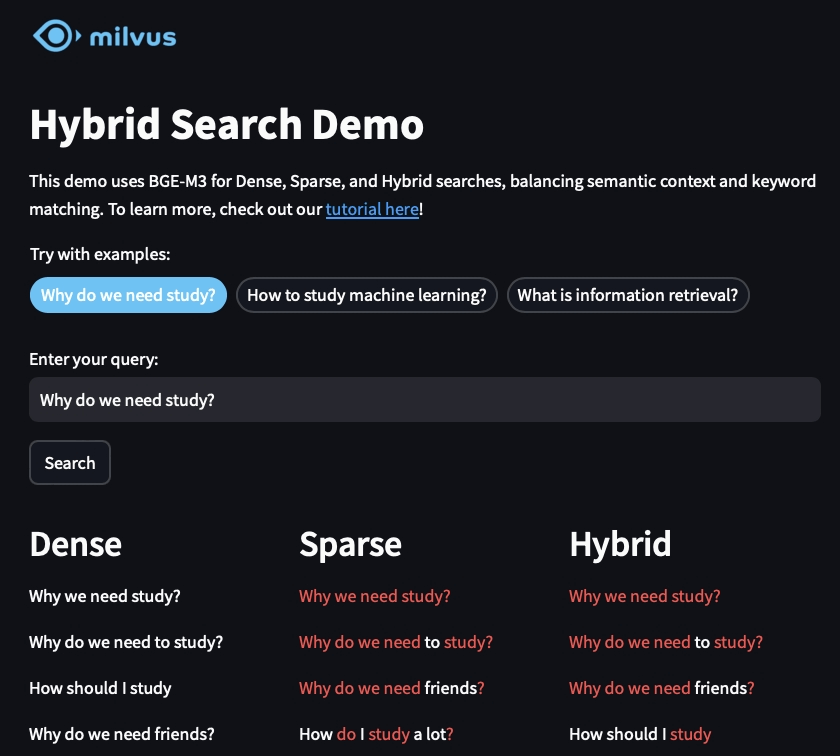Pagination and scrolling are two methods for navigating search results, differing primarily in how they structure and present data. Pagination divides results into discrete pages, typically accessed via numbered links or “Previous/Next” buttons. Each page requires a new server request or API call to load the next set of results. For example, a search returning 100 items with 10 per page would have 10 pages. Scrolling, often implemented as “infinite scroll,” dynamically loads new content as the user reaches the bottom of the current list, appending results without requiring manual navigation. Social media feeds often use this approach to create a seamless experience.
From a technical perspective, pagination is straightforward to implement using LIMIT and OFFSET in SQL or equivalent parameters in APIs. However, OFFSET can become inefficient for large datasets, as skipping many rows slows performance. Scrolling often uses cursor-based pagination (e.g., using a timestamp or unique identifier) to fetch the next batch efficiently. On the frontend, pagination requires maintaining page state (e.g., via URL parameters like ?page=2), while scrolling demands handling scroll events and managing memory to prevent excessive DOM elements from degrading performance. For example, infinite scroll might use a library like react-infinite-scroll-component to trigger loading when the user nears the bottom.
The choice between pagination and scrolling depends on the use case. Pagination suits applications where users need predictable navigation (e.g., e-commerce search, where jumping to page 5 is common) or where preserving state (like filters) per page is critical. Scrolling excels in content-heavy contexts like social media or news feeds, where continuous exploration is prioritized. However, infinite scroll can complicate accessibility (e.g., keyboard navigation) and SEO, as search engines may struggle to index dynamically loaded content. Developers should prioritize pagination for complex filtering or when users need direct access to specific result subsets, and scrolling for immersive, linear content consumption.
